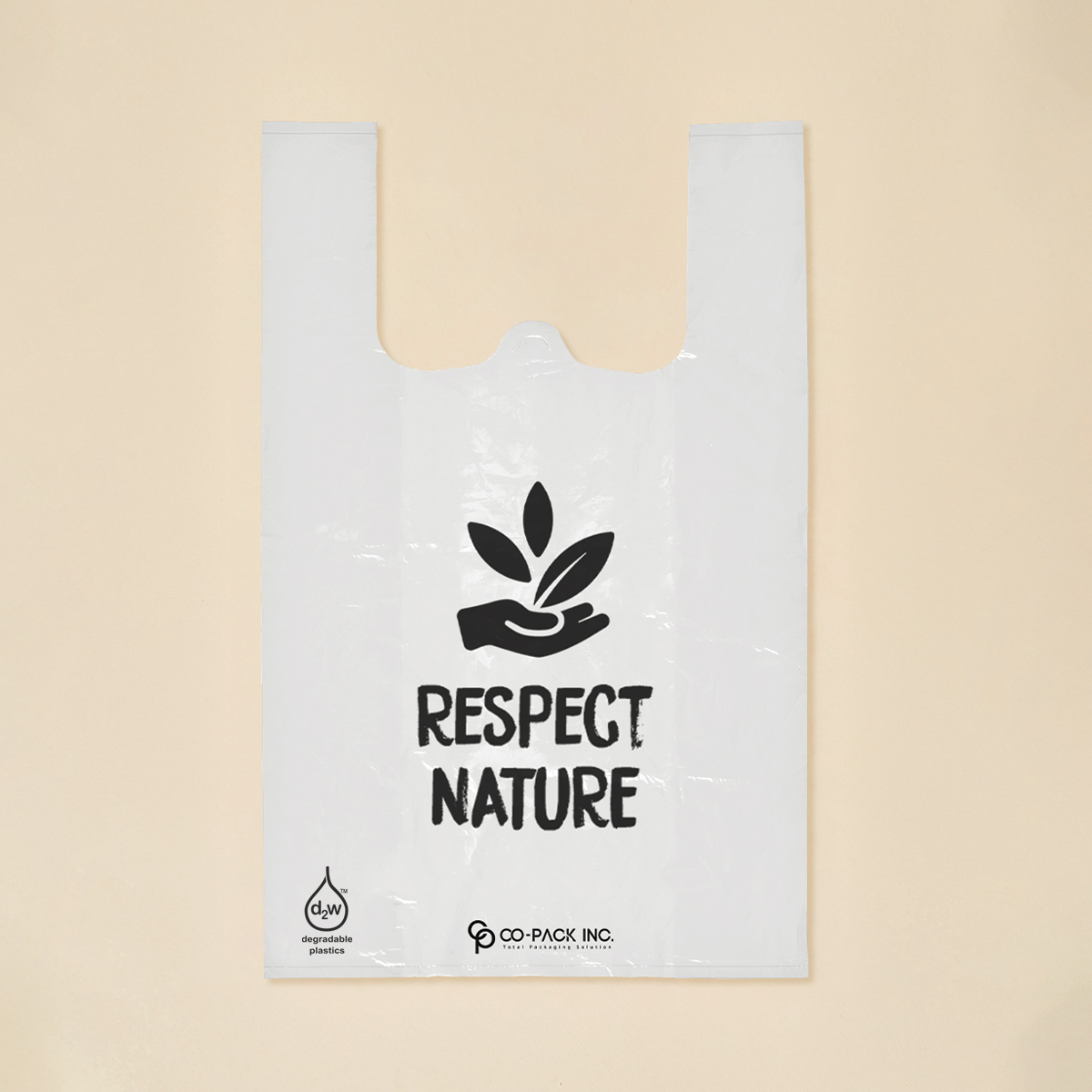
In today's world, environmental sustainability has become a critical issue that cannot be ignored. With the growing concern over plastic pollution and its detrimental impact on our planet, there has been a significant push towards finding more sustainable alternatives. One such solution that has been gaining popularity is the use of biodegradable bags. These bags offer a more eco-friendly option compared to traditional plastic bags, as they are designed to break down more easily in the environment, reducing the amount of waste that ends up in landfills or our oceans.
The Need for Sustainable Alternatives
The Problem with Plastic Bags
- Plastic bags are a major contributor to environmental pollution.
- They take hundreds of years to decompose, leading to long-lasting waste in our ecosystems.
- Plastic bags often end up in the ocean, harming marine life and polluting our waterways.
The Shift Towards Biodegradable Bags
- Consumers and businesses are increasingly looking for more sustainable options.
- Biodegradable bags offer a solution that reduces the environmental impact of traditional plastic bags.
- Many countries and cities are implementing bans or taxes on single-use plastic bags, driving the demand for biodegradable alternatives.
Understanding Biodegradable Bags
What are Biodegradable Bags Made of?
Biodegradable bags are typically made from plant-based materials such as corn starch, sugarcane, or potatoes. These materials are renewable resources that can be sustainably harvested, making them a more environmentally friendly option compared to traditional plastic made from fossil fuels.
How Do Biodegradable Bags Break Down?
Biodegradable bags are designed to break down more quickly than traditional plastic bags. When exposed to the right conditions, such as heat, moisture, and microbes, biodegradable bags can decompose into natural elements like water, carbon dioxide, and biomass. This process helps to reduce the amount of waste that ends up in landfills and minimizes the environmental impact of plastic pollution.
The Benefits of Biodegradable Bags
Environmental Impact
- Biodegradable bags break down more easily, reducing their impact on the environment.
- They help to reduce the amount of plastic waste that ends up in our landfills and oceans.
- Using renewable plant-based materials means fewer fossil fuels are used in the production of these bags.
Consumer Appeal
- Consumers are increasingly aware of the environmental impact of plastic bags and are seeking more sustainable alternatives.
- Biodegradable bags provide a guilt-free option for those looking to reduce their carbon footprint.
- Brands that offer biodegradable bags can attract environmentally conscious consumers and enhance their brand image.
Challenges and Considerations
Cost
- Biodegradable bags may be more expensive to produce compared to traditional plastic bags.
- Businesses may need to consider the cost implications of switching to biodegradable options.
- As technology advances and production scales up, the cost of biodegradable bags is expected to decrease.
Compostable vs. Biodegradable
- It is important to distinguish between compostable and biodegradable bags.
- Compostable bags require specific conditions to break down, such as in a composting facility.
- Biodegradable bags break down in a wider range of environments, including landfills and oceans.
The Future of Biodegradable Bags
Industry Trends
- The market for biodegradable bags is expected to continue growing as awareness of environmental issues increases.
- More companies are investing in research and development to improve the functionality and durability of biodegradable materials.
- Regulations and policies aimed at reducing plastic waste will drive the demand for sustainable packaging solutions like biodegradable bags.
Consumer Behavior
- Consumers are increasingly making environmentally conscious choices when it comes to their purchases.
- As awareness of plastic pollution grows, more people are likely to choose biodegradable options over traditional plastic bags.
- Businesses that offer sustainable packaging solutions will be better positioned to attract and retain environmentally conscious customers.